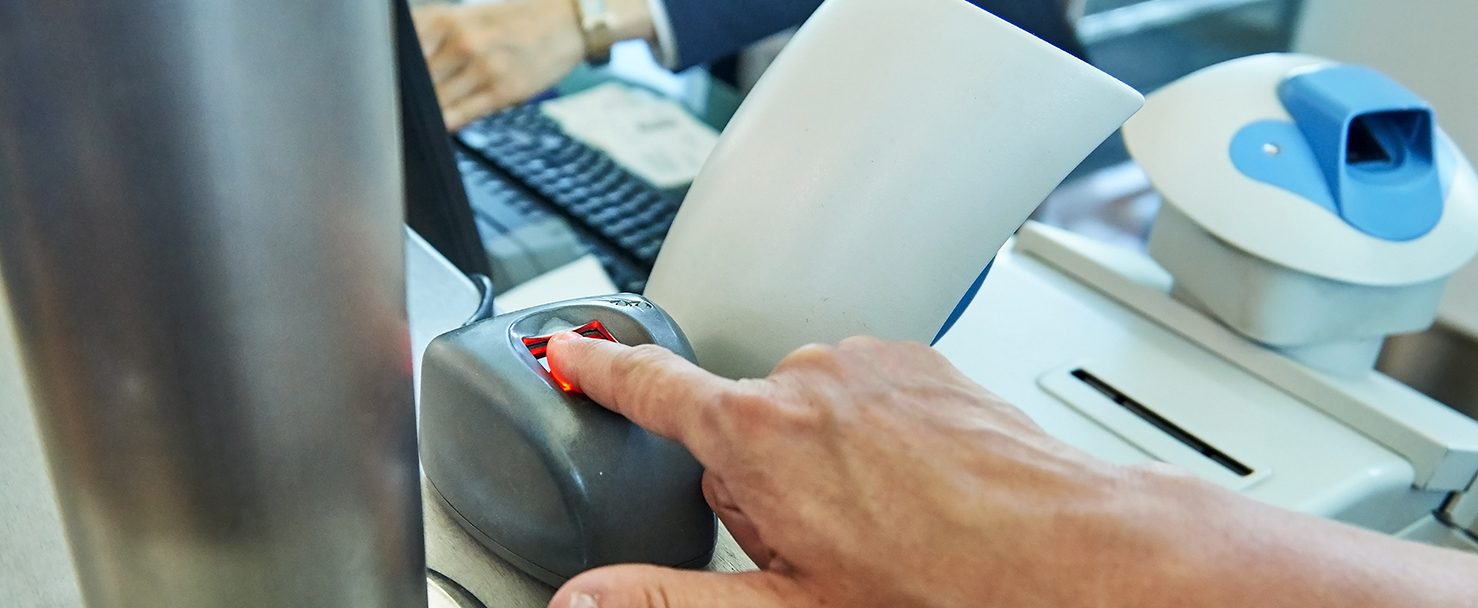Biometric Technology on the Horizon for Resorts
Facial recognition and fingerprint scanning may be the future of faster check-ins.
At its most basic, biometric technology is an automated account of a person’s biological and behavioral characteristics, according to the Biometrics Institute. For travel, that could mean using facial recognition and fingerprint scanning to quickly identify travelers, potentially making verification processes smoother and more efficient in airports and even at resorts.
Biometric technology has big implications for the travel industry. The global biometrics market is set to reach more than $30 billion by 2021, according to ABI Research. The Transit Security Administration has already begun testing facial-biometric technology, and Delta successfully introduced the world’s first biometric terminal in Atlanta’s Hartsfield-Jackson airport (the biggest airport in the world) last December, two signs that biometric technology may one day be a common part of travel.
Other uses are less intuitive. AccorHotels has used biometric data to find out travelers’ vacation preferences. Travelers completed a quiz that helped them discover what kind of vacation was best for them while a webcam monitored and analyzed their heart rate, providing additional data to augment the quiz results.
For resorts, the possibilities are just unfolding. “I think biometric technology would be successful in resorts, but it would have to be in particular resorts,” says Alyssa Heberlig, founder of luxury concierge travel company Just Always Traveling. Resorts that are in high-traffic areas and routinely experience congested lobbies, such as those in Las Vegas, could benefit greatly from implementing a biometric-assisted check-in process for guests. High-end resorts that cater to affluent travelers would also be ideal first adopters, as they most likely have the budget to begin experimenting with biometric technology.
“I think most travelers will be open to biometric technology, and I think there is a feasibility for it in the hospitality industry that is more attainable than other futuristic tech like augmented and virtual reality,” says Heberlig, who cites the quick acceptance of biometric-based Trusted Traveler program Clear. The program started in the Hartsfield-Jackson airport then quickly expanded to 39 other security services, from airports to sports arenas such as Yankee Stadium. Given the potential for fast adoption, a future in which guests regularly use biometric technology for check-in may not be that far off.
Image credit: iStockphoto




